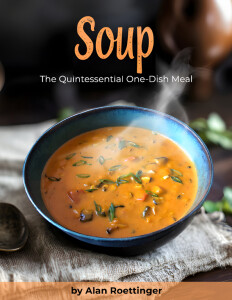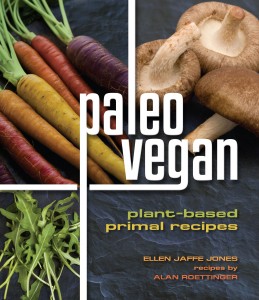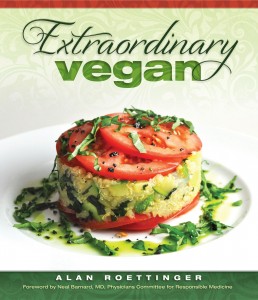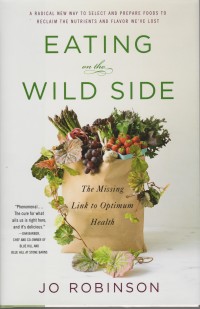I just finished reading “Hunger: An Unnatural History,” by Sharman Apt Russell, a fascinating study of various aspects of hunger. The author systematically covers an array of forms, from the voluntary (fasting, hunger strikes and self-starvation), to semi-voluntary (eating disorders) to non-voluntary (forced starvation, malnutrition and famine). She delves into the physiological effects of fasting and starvation, as recorded by people who went through periods of severe deprivation, like the Jews in the Warsaw ghetto under Nazi oppression, among others; and a clinical study known as “The Minnesota Experiment,” in which conscientious objectors during World War II were recruited to volunteer as human guinea pigs so that researchers could better understand what starving people experience, and what to expect when rescuing and refeeding starvation victims, including soldiers returning from the field, who may have gone without adequate nutrition for extended periods. Some of the material is rather gruesome and unpleasant reading, but like a train wreck, it’s hard to take your eyes off it, as the saying goes.
The narrative meanders through nearly all possible forms and causes of hunger and starvation, eventually identifying the root cause, as stated in a quote from Frances Moore Lappe, that it is not a lack of food, but a “lack of democracy.” There is a brief but welcome bit where Ms. Russell offers some ideas on what we can do to help end the horrific plight of the half-billion people who live and die in starvation conditions. But in reading the book, from the very first chapter on, I found myself hoping she would also get into the underlying reality of hunger–indeed looking forward to what she would have to say about it–which is that every living thing is bound to hunger, is driven by it, and in fact cannot exist without it.
We’re all creatures of need, of profound thirst and hunger, and not only for nutrition of the body. It is our nature that we are beings in flux, constantly spending and needing replenishment on every level. We need air to oxygenate our blood, to fire the engines of living cells; water to keep our living tissues pliant and supple enough to flow with juices, allow us to move, and cleanse us of dead cells and toxins; food to replenish, repair and build new cells, and supply fuel to energize our systems. Most of all, I believe, we need love, hope, faith and aspiration to propel us forward with purpose, without which life would have no meaning. In sum, I’d say, we come into this world of whirling separated opposites to find completion, and that this is why we hunger, uncontrollably, for every single thing we lack.
This book interested me because I’m involved in feeding people, and I try to do it in ways that not only satisfy the hunger of the stomach, but also the hunger we all have for joy. I know that I can’t satisfy a person’s ultimate need for the pure joy of the heart, but I do what I can to make food thrill the pleasure centers in the body, and that certainly helps send people on their way to finding it. I put my love and passion into my cooking because it gives me joy to do that, and when people enjoy what I make, I feel like I’ve done my part to alleviate a small but not insignificant part of the world’s great hunger.






